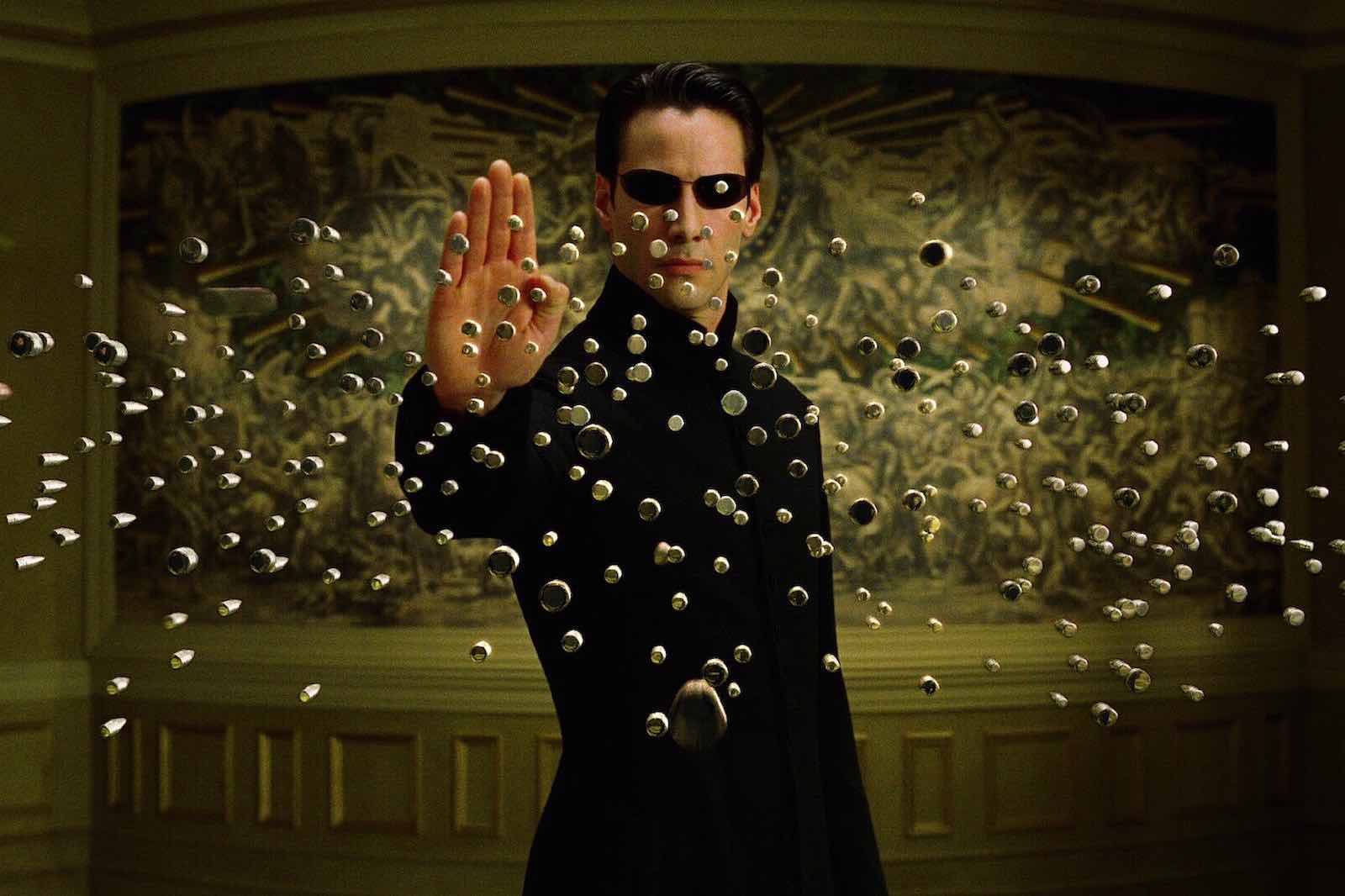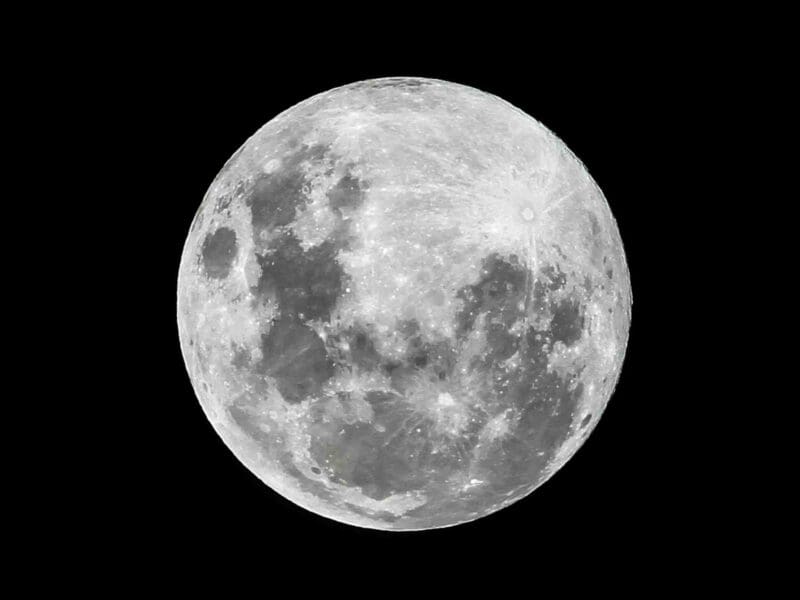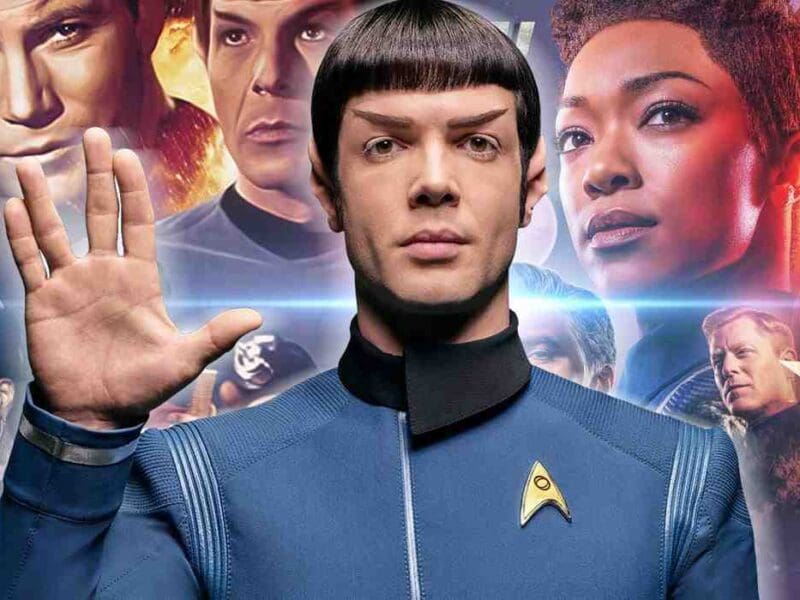
Debunking the myths: Science fiction films that actually hate science
Let’s face it – science fiction movies are never going to be one hundred percent accurate. The clue is in the name. And who is so focused on the flashy doohickey not running at the right voltage or the molecule scrambling being anatomically impossible when the central character’s got some ‘sploding to do?
That said, there are some directors who have been given far too much leeway, bad sciencing all over the place to support the narrative without taking into consideration just how outrageous their hypothesis is. We’re here to spotlight these ballsy sci-fi films by focusing on how far removed from scientific fact they really are.
Make no mistake, a lot of these movies aren’t all bad – but if only to annoy the science community, here are some of the things sci-fi films have refused to get right, ranked in order of ridiculousness.

Prometheus (2012)
In Ridley Scott’s 2012 Alien prequel Prometheus, a crew of scientists (in the loosest sense of the word) hop on a spaceship and travel to a faraway moon as they follow a star map to seek the origins of humanity. When they wake from four years of stasis, a character remarks that after traveling 35 lightyears, they’re a “half-billion miles” away from Earth.
As Neil DeGrasse Tyson noted, this is a load of sketchy science and a half billion miles from Earth would actually put them around Jupiter, not their far more distant destination. With Scott being one of the most sophisticated sci-fi filmmakers, you would’ve thought he’d spot a rookie mistake like that. Maybe he was having an off day.

Independence Day (1996)
Let it be known that we’re highly partial to a 90s movie marathon every now and then and Independence Day often makes the list. However, there is a gaping plot hole in the 1996 sci-fi hit and it’s all related to Jeff Goldblum (Jurassic Park) being far too much of a smartass by creating the malware that infects the alien operating system.
In the words of Ranker, “Goldblum’s character David is a smart guy, but he only just got a glimpse of an alien computer language.” It’s just completely out of the realms of possibility that they would’ve been able to generate a virus to fuck up the alien computer system, let alone deliver it via an interface through MacOS.

I Am Legend (2007)
Spoiler alert! In the Will Smith (Bright) vampiric mutant hit featuring one of the most heartwarming dog / human relationships ever portrayed on screen, there’s a massive plot hole etched into the film in that Smith’s immune virologist uses his blood to make a vaccine. In reality, he’d have to be infected to create the antibodies for a cure. Duh!

Lucy (2014)
Scarlett Johansson (Avengers: Infinity War) is forced to munch a synthetic drug called CPH4 that unlocks the full potential of her brain, thus giving her all kinds of crazy powers like telekinesis and telepathy. As such, the narrative perpetuates one of the greatest scientific myths of our time – that humans only use ten percent of their brains.
The fact is, we do use one hundred percent of our brain power, it’s just we use different parts for different activities. As Goliath explained, “If a human used one hundred percent of their brain at once, they would likely fall into an instant coma and probably end up dead.” They definitely would not turn out a superhuman badass with a cute hairdo and mutant powers.

2012 (2009)
Roland Emmerich’s sci-fi drama in which John Cusack (Grosse Pointe Blank) stars as a frustrated writer who for some reason just can’t seem to cope when the world comes to an end gets so much wrong, NASA actually dubbed it “the most scientifically inaccurate film ever”. Yikes!
Apparently 2012 was getting so many people in a tizzy over the Mayan apocalypse prediction that the space agency had to actually make an entire dedicated webpage to debunk the 2012 myths relating to natural disasters and the Mayan calendar.
As we well know, 2012 came and went without most of those prophecies coming to light, thus supporting the idea that when it comes to such significant theories, it’s probably best to believe the experts.

Gravity (2013)
Remember the moment in Alfonso Cuarón’s sci-fi epic when George Clooney (Up in the Air) makes the ultimate sacrifice by letting go of the cord attached to Sandra Bullock (Miss Congeniality) and subsequently floating off into space? Well that’s not how physics works, we’re afraid!
They seem to have forgotten that in freefall, all that would have been required was for Sandra Bullock’s character to give that tether a slight tug and they could’ve both lived. Some people really are useless in a crisis.

The Matrix (1999)
The Wachowskis missed the mark with the whole “humans as batteries” plot in their epic dystopian blockbuster. After all, humans don’t produce that much heat and energy and would therefore make even worse batteries than those knockoff Duracells you buy down the market.
As Ranker pointed out, “The machines should have invested in nuclear power, hydroelectric power, and wind. Who knows? With some time and ingenuity they could have created sustainable fusion, instead of wasting all their processing power on rendering Hugo Weaving’s face over and over.” Supposedly the idea was a form of esoteric bio-energy, but that concept definitely didn’t make it into the script.

Total Recall (1990)
Obviously a film made in the 90s starring Arnold Schwarzenegger (Predator) as a man on a virtual vacation on Mars was never going to be scientifically accurate, but perhaps no one predicted it would perpetuate one of the greatest myths in sci-fi films to come.
We’re talking about explosive decompression – if a human were unexposed on a planet like Mars, they wouldn’t expand and pop like a balloon. In short, it’s a complete myth (but it did birth one of the greatest scenes in sci-fi movie history, so director Paul Verhoeven is forgiven for his contribution to bad science).

Re-Animator (1985)
Starring Jeffrey Combs (The Frighteners) as a medical student who brings his headless professor back from the dead with a special green serum, director Stuart Gordon’s Re-Animator is more bad science than good (and that’s why we love it).







